Water scarcity - in terms of quantity and quality - remains the most critical challenge for aquaculture expansion. As a result, arid lands and other water-poor territories have been ignored as potential areas for aquaculture development. Yet about 43% of the African continent, supporting the livelihoods of nearly 485 million people, is considered as arid but have underground water sources (including brackish water aquifers), dams, seasonal ponds and pools from abandoned open-cast mines that could be used for aquaculture. With increasing competition for water and arable land, aquaculture operations must turn to new frontiers including such arid and semi-arid lands. Furthermore, these areas have a great amount of solar radiation which can be used as a source of energy for operating both closed and open aquaculture systems as well as for preservation of post-harvest fish and fish products. Despite this potential, the fish supply (from both aquaculture & capture fishery) in these countries does not match the demand (Tilahun et al., 2016). Development of the aquaculture sector has been constrained by limited availability of quality fish feed and seed, temperature and salinity of the water, lack of technical know-how and limited public and private sector investment (Habte-Tsion, 2017). Exploiting the aquaculture potential in these areas therefore requires research and development of improved and efficient technologies that are adaptable to the water-deficient conditions.
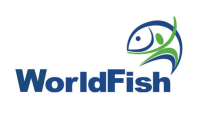


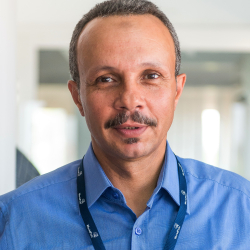
.jpg)
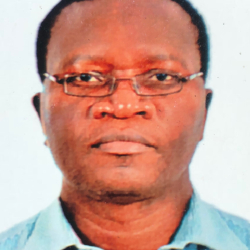

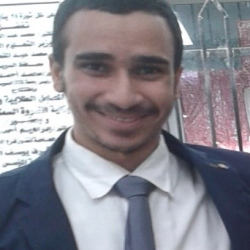
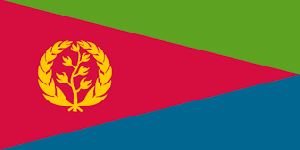
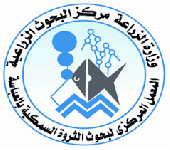

.jpg)



